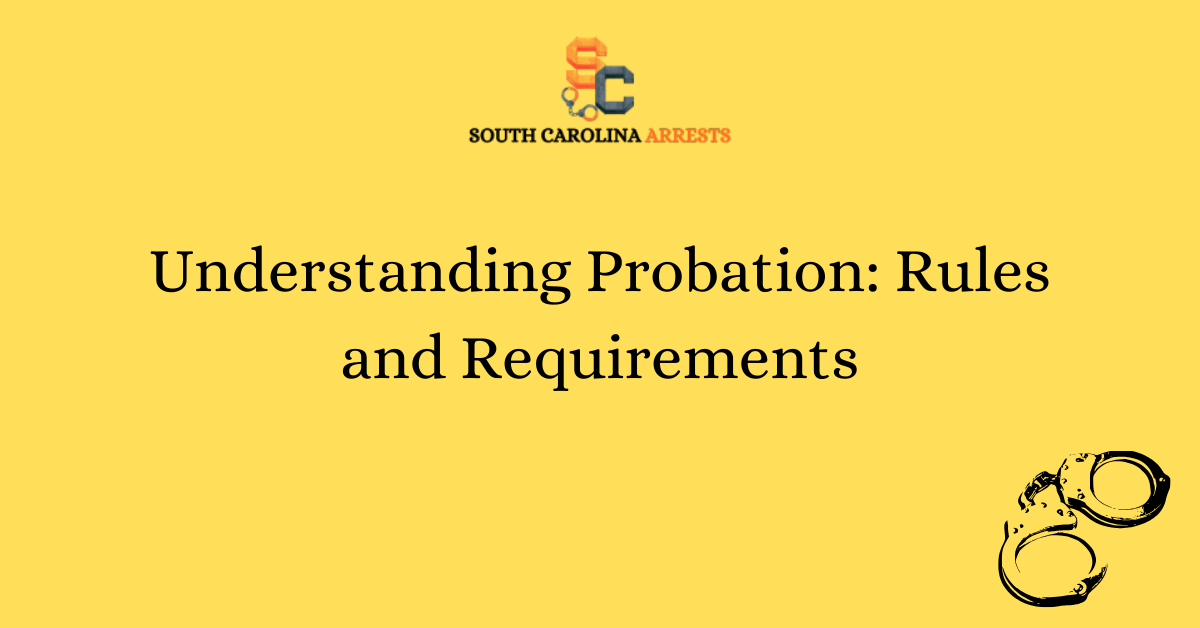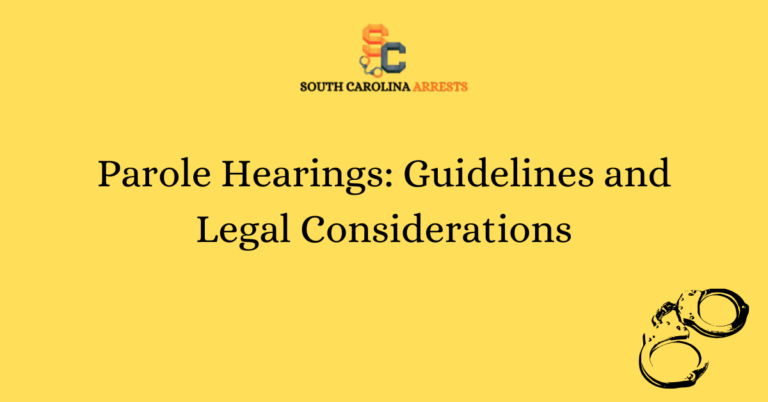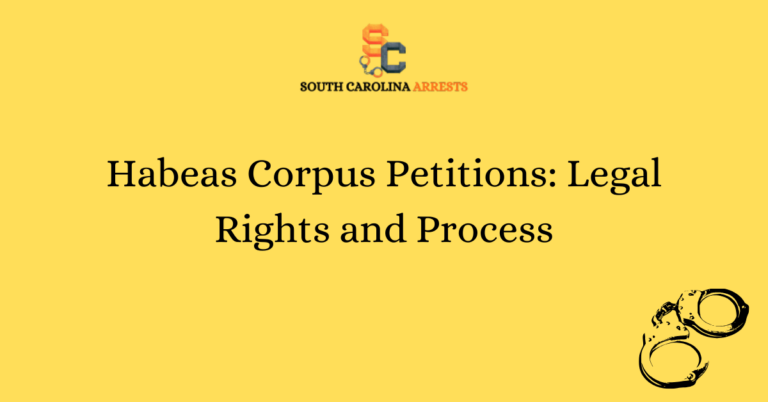Understanding Probation: Rules and Requirements
Probation is a legal term that refers to a period of supervision imposed on individuals who have committed a crime but have been sentenced to serve their time outside of jail. During probation, specific rules and requirements must be followed to ensure compliance with the law.
These rules typically include meeting regularly with a probation officer, refraining from illegal activities, and possibly attending counseling or rehabilitation programs. Understanding the intricacies of probation is essential for individuals navigating the criminal justice system.
Probation Overview
Probation is a court-ordered period during which an individual must fulfill certain requirements as an alternative to serving time in jail. Its primary purpose is to provide offenders with a second chance to rehabilitate themselves and reintegrate into society. By closely monitoring their behavior and progress, probation aims to reduce recidivism rates and promote positive changes in their lives.
Definition and Purpose of Probation
Probation is a legal arrangement that allows individuals convicted of a crime to remain in the community under the supervision of a probation officer. The main goal of probation is to provide offenders with an opportunity to demonstrate their commitment to rehabilitation and abide by the law. By serving probation, individuals can avoid incarceration and work towards rebuilding their lives.
Benefits of Serving Probation
One of the key benefits of serving probation is the opportunity for offenders to avoid jail time and continue living in their communities. Additionally, probation allows individuals to receive guidance and support from probation officers, access counseling programs, and participate in community service activities. By fulfilling the requirements of probation, offenders can demonstrate their willingness to change and make positive contributions to society.
Probation Rules
Probation comes with a set of rules and conditions that individuals must follow to successfully complete their probationary period. These rules are designed to ensure compliance with the law, promote accountability, and support the rehabilitation process.
Meeting with Probation Officer
One of the primary requirements of probation is to regularly meet with a probation officer. During these meetings, offenders must provide updates on their progress, discuss any challenges they are facing, and receive guidance on fulfilling their probation requirements. These meetings play a crucial role in monitoring and supporting the individual throughout their probationary period.
Abiding by Legal Restrictions
Individuals on probation must adhere to specific legal restrictions imposed by the court. These restrictions may include refraining from engaging in criminal activities, avoiding contact with certain individuals, and following any court orders related to the original offense. By complying with these restrictions, offenders demonstrate their commitment to rehabilitation and law-abiding behavior.
Participating in Counseling Programs
Probation often requires individuals to participate in counseling programs to address underlying issues that may have contributed to their criminal behavior. These programs can include anger management, substance abuse treatment, mental health counseling, and other interventions aimed at promoting positive change. By actively engaging in counseling, offenders can develop coping strategies, improve decision-making skills, and work towards personal growth.
Probation Requirements
In addition to following specific rules, individuals on probation must fulfill certain requirements to successfully complete their probationary period. These requirements are designed to promote accountability, encourage positive behavior change, and support the individual’s rehabilitation efforts.
Completing Community Service Hours
One common requirement of probation is to complete a certain number of community service hours. By volunteering their time to help others and contribute to their communities, individuals on probation can demonstrate their commitment to making amends for their actions and giving back to society. Community service also provides offenders with an opportunity to develop new skills, build positive relationships, and gain a sense of accomplishment.
Passing Drug and Alcohol Tests
Many probation programs require individuals to undergo regular drug and alcohol testing to ensure sobriety and compliance with any substance abuse treatment plans. By passing these tests, offenders demonstrate their commitment to maintaining a drug-free lifestyle and addressing substance abuse issues. Drug and alcohol testing also help probation officers monitor the individual’s progress and intervene if necessary to prevent relapse.
Obeying Curfew Restrictions
Some probation programs impose curfew restrictions on individuals to ensure they remain at home during certain hours of the day or night. By obeying curfew restrictions, offenders demonstrate their willingness to comply with the terms of their probation and avoid engaging in criminal activities during restricted hours. Curfew restrictions help probation officers monitor the individual’s whereabouts and behavior, reducing the risk of reoffending.
Frequently Asked Questions
Our Frequently Asked Questions section aims to provide comprehensive information about Understanding Probation: Rules and Requirements, addressing commonly searched queries on Google.
What is probation?
Probation is a court-ordered period during which an individual must comply with specific conditions set by the court. It allows offenders to stay in the community under supervision instead of serving time in prison.
What are the rules of probation?
The rules of probation can vary but often include meeting with a probation officer, maintaining employment, refraining from drug and alcohol use, and following all court orders. Violating these rules can result in consequences such as jail time.
How long does probation last?
The length of probation can vary depending on the offense and the jurisdiction. It can range from a few months to several years. Completing probation successfully often leads to the offense being removed from the individual’s criminal record.
Can probation be terminated early?
In some cases, probation can be terminated early if the individual has met all the requirements, shown good behavior, and completed any court-ordered programs. A request for early termination must be submitted to the court for approval.
What happens if you violate probation?
If you violate probation by not following the rules or conditions set by the court, you may face consequences such as a warning, increased supervision, community service, or even jail time. It’s crucial to adhere to the terms of probation to avoid these repercussions.
Can probation be extended?
Probation can be extended if the court determines that more time is needed for the individual to successfully complete the requirements. Factors such as compliance with the rules, progress in rehabilitation programs, and the severity of the offense can influence the decision to extend probation.







